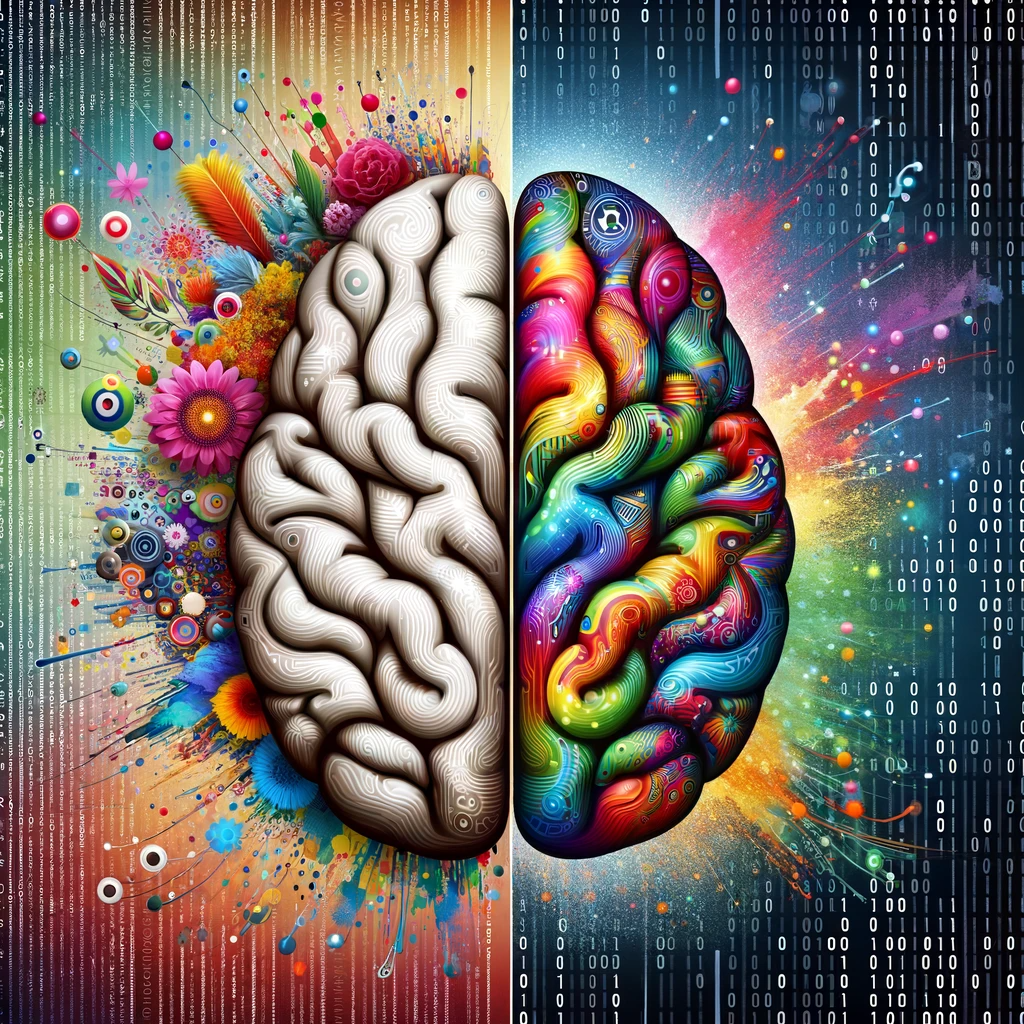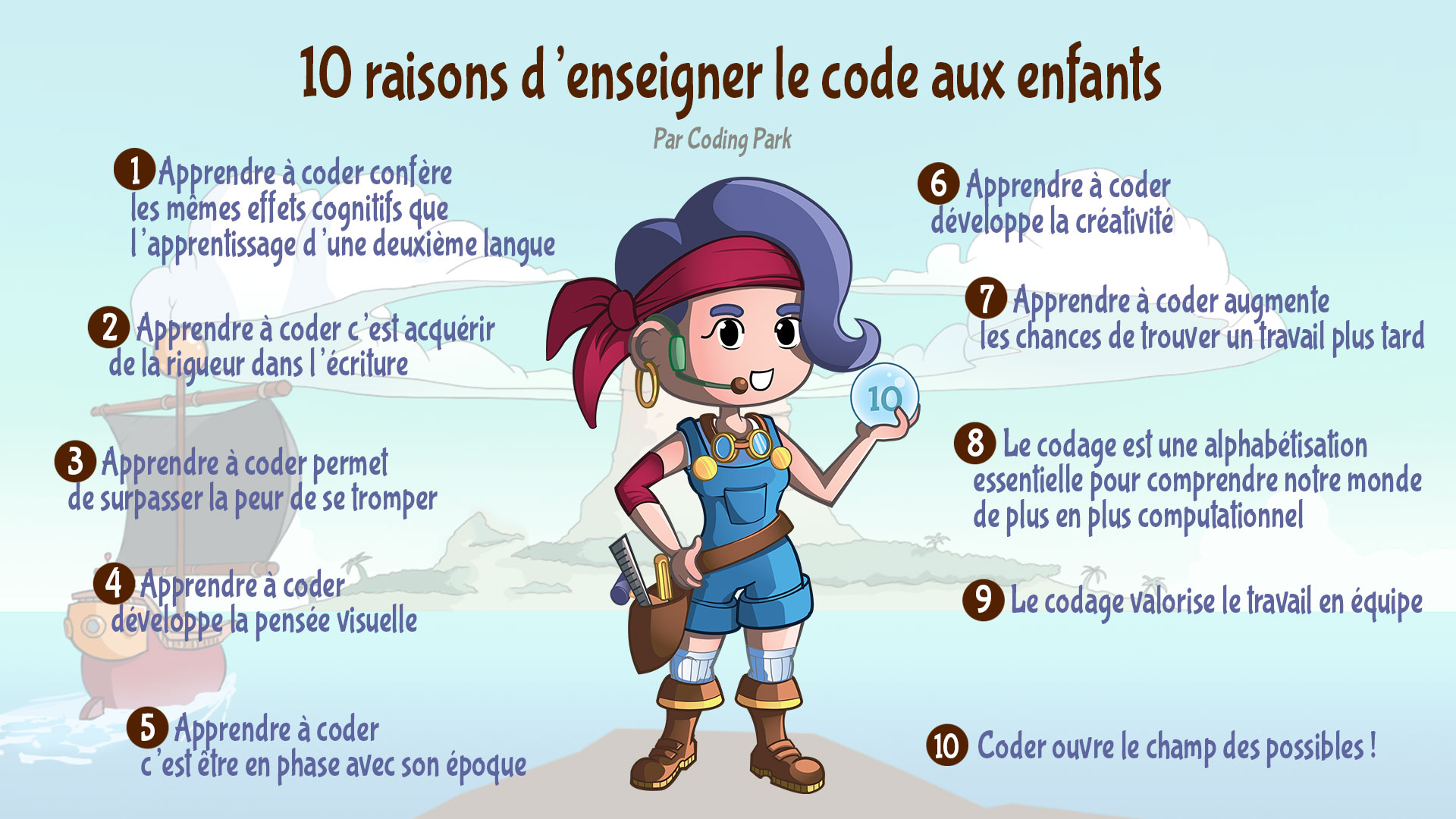In the rapidly evolving landscape of technology, the emergence of generative Artificial Intelligence (AI) has revolutionized coding practices. No longer confined to human programmers, these systems are adept at producing computer code, reshaping the way tasks are approached and executed. But amidst this transformation, questions arise about the future of tech professions and the necessity of coding education in the era of Artificial Intelligence?🤔
The rise of generative AI in coding has led many professionals to integrate it into their routines, enhancing productivity. For example, traffic to sites like StackOverflow has declined as developers now turn to AI for solutions.
From StackOverflow to ChatGPT
Generative Artificial Intelligence technologies, particularly in coding, have become indispensable tools for tech professionals, significantly enhancing productivity. Traditional methods of scouring platforms like StackOverflow for solutions have been replaced by direct interaction with Artificial Intelligence systems like ChatGPT. This shift streamlines the coding process, providing tailored solutions promptly. 🤓
Legitimate Concerns about AI
The pervasive influence of generative Artificial Intelligence prompts valid concerns about the future of the computer developer profession. With AI increasingly replacing routine coding tasks, there’s a discernible trend towards hiring less experienced professionals at reduced costs. This raises pertinent questions for parents and educators alike: Is coding still a relevant skill in this changing landscape? 🤷♂️🏫
AI as a Tool, Not a Replacement
Why teach coding in the era of Artificial Intelligence? Firstly, for the same reasons as before the era of AI. If you want a refresher on the basics, our article The 10 Reasons to Teach Coding to Children provides solid arguments for considering teaching this discipline to your child. All the arguments developed in this article remain valid, as it is easy to see that AI remains a tool, a product of the mind that does not replace human creativity, adaptability, contextual understanding, nor the interpersonal skills essential for software development.
Contextual and Creative Understanding
While AI excels at certain tasks, it often lacks the nuanced understanding and creativity inherent to human developers. Understanding the broader context of a project and crafting innovative solutions tailored to specific needs remain distinctively human abilities.
Human Interaction and Collaboration
Coding is inherently collaborative, requiring effective communication and teamwork. Human skills in these areas are indispensable for managing complex projects, where Artificial Intelligence can only offer support.
Ethics and Moral Judgment
Ethical considerations play a crucial role in software development, requiring human judgment and moral reasoning. Human developers are uniquely positioned to navigate these ethical dilemmas, ensuring responsible and socially conscious coding practices.
Holistic Understanding and Adaptability
Human developers possess the ability to adapt to changing technological landscapes and evolving market trends. This strategic thinking and adaptability are invaluable in an industry characterized by rapid innovation.
Unique Problem Solving
Every coding project presents unique challenges that demand human intuition and reasoning. Human developers leverage their experience to devise tailored solutions, a skill that Artificial Intelligence algorithms often struggle to replicate.
The Shifting Landscape of SE roles
Certain technical roles, in software engineering are evolving in response to Artificial Intelligence advancements. While routine tasks may become automated, new opportunities arise in AI model training and ethical AI development, necessitating a shift in skill sets.
Potential Risks for New Generations in AI
As the use of generative Artificial Intelligence in the field of computer programming becomes increasingly common, we must consider the impact of such practice on new generations. It’s evident that daily use of it, much like social media or streaming platforms, can become an addiction. The observation is that a programmer’s brain increasingly delegates problem-solving tasks to AI, becoming somewhat dependent on its presence. Like any technology that offers a competitive edge in a given field, humans become reliant on it.
By constantly delegating problem-solving, there’s a risk of learning nothing, as true learning comes from facing a problem and searching for solutions. ⚠️ The evidence of this dependence is likely to become more apparent in the coming years, as the technology matures. However, the approach to teaching computer programming must also evolve to guard against the risk of intellectual laziness that can stem from excessive use of it.
In Conclusion
Generative Artificial Intelligence, especially in the field of computer programming, proves to be a powerful tool that enhances human productivity. However, it cannot replace fundamental human attributes such as creativity, adaptability, nuanced understanding of context, or interpersonal skills. 🧠💡
Innovations like ChatGPT are the product of human creative thinking, capturing a snapshot of what the human brain is capable of conceiving. However, this advanced artificial intelligence lacks the intrinsic ability to create or evolve autonomously. Thus, it forms a fertile ground for continuous improvement orchestrated by human intelligence. In summary, Artificial Intelligence acts as a complement or a support tool, but never as a substitute for human.



